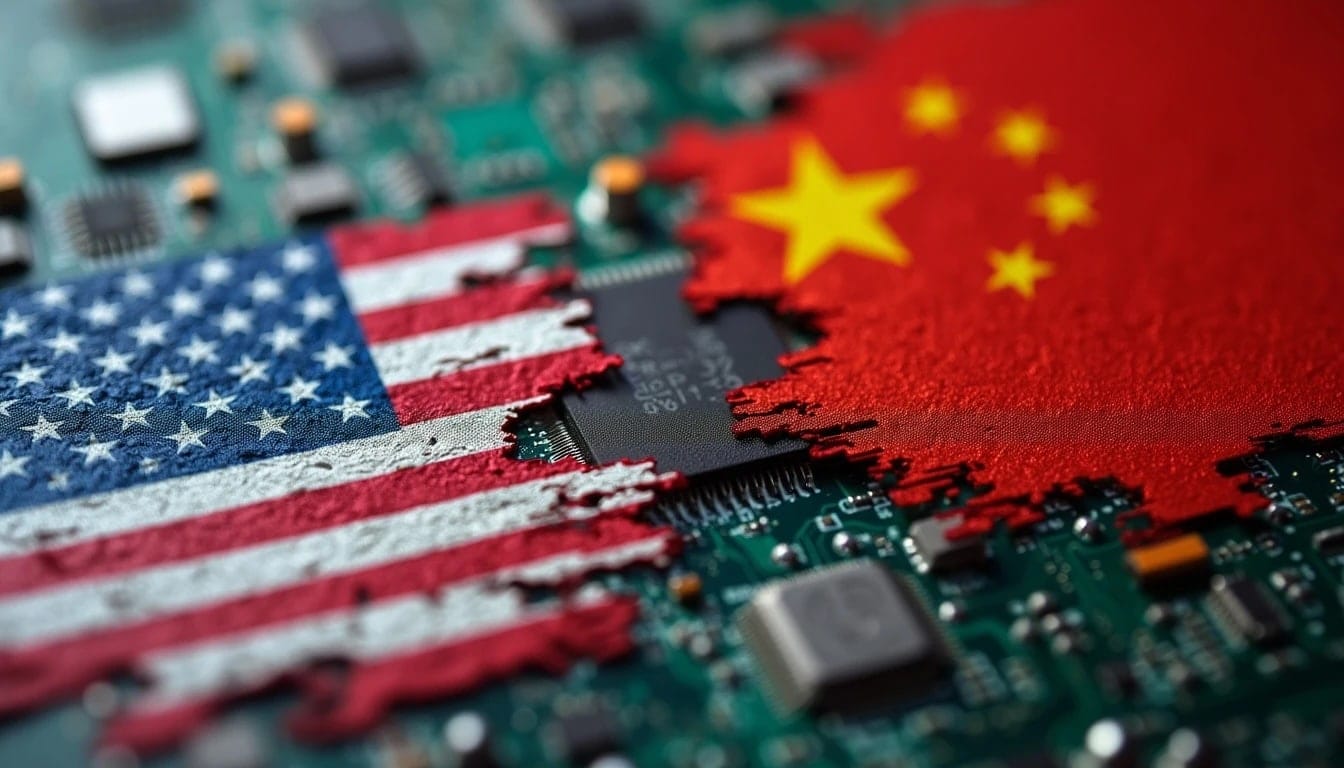The race for AI supremacy between the United States and China is evolving beyond simple technological competition. Now, the dispute is focusing on the ethical frameworks that each country adopts, which could define global norms and standards in the coming decades.
Leadership in Research and Development
According to the Center for Security and Emerging Technology at Georgetown University, China leads the world in the number of AI research papers. The Chinese Academy of Sciences spearheads this effort, highlighting the country’s commitment to expanding and advancing in the field of artificial intelligence.
On the other hand, the United States is focused on the development of ethical AI. The country plays a central role in the OECD AI Policy Observatory, where guidelines and standards are being developed to ensure that AI development is responsible and aligned with ethical values.
Contrasting Priorities
While China prioritizes efficiency and scale in its AI advancements, the United States focuses on ensuring that the development of this technology is aligned with ethical principles. Both countries are deeply invested in AI-driven military technologies, including autonomous systems, drones, and geospatial analysis capabilities.
Global Impact of Ethical Standards
The competition between these two global powers will not only determine the direction of research and technological development but also influence international standards. The ethical standards that both countries establish will impact a wide range of areas, from healthcare and economic policies to military strategies and social governance.
In this context, how each country handles the ethical aspects of AI could have a lasting impact on how the technology is used and regulated globally. With China leading in terms of research volume and the U.S. focused on ethics, collaboration or confrontation on these issues will shape the future of artificial intelligence and its global applications.
The growing influence of these ethical frameworks in AI underscores the importance of ongoing international dialogue to ensure that technological development benefits humanity as a whole and does not become a battleground for conflicting interests.

